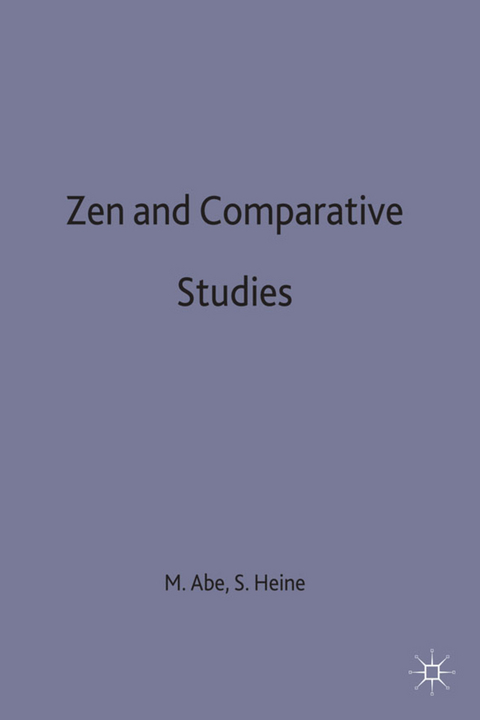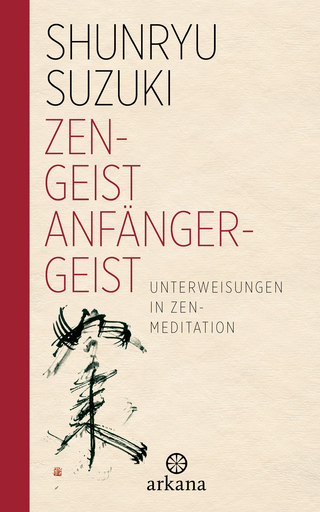
Zen and Comparative Studies
Palgrave Macmillan (Verlag)
978-0-333-61199-9 (ISBN)
Zen is not a religion of God. Nor a religion of faith. It is a religion of emptiness, a religion of absolute nothingness. However it is not nihilistic but dynamically positive. For Zen is based on self-awakening, awakening to the self. In this book, a sequel to Zen and Western Thought, the author tries to clarify the true meaning of Buddhist emptiness in comparison with Aristotelian notion of substance and Whiteheadron notion of process. He also emphasises that Buddhism completely defies and overcomes dualism, but it is not monistic, but rather nondualistic. What is Nondualism? This is one of the important themes of this book.
MASAO ABE
PART 1: FUNDAMENTALS OF ZEN - Zen and Buddhism - The Core of Zen: the Ordinary Mind is Tao - 'Life and Death' and 'Good and Evil' in Zen - Emptiness - God, Emptiness, and the True Self - The Concept of Self as Reflected in Zen Buddhist Literature - Education in Zen - PART 2: ZEN, BUDDHISM AND WESTERN THOUGHT - Substance, Process, and Emptiness: Aristotle, Whitehead, and Zen - The Problem of Death in East and West Immortality, Eternal Life, Unbornness - Sunyata as Formless Form: Plato and Mahayana Buddhism - The Self in Jung and Zen - PART 3: CURRENT ISSUES IN BUDDHISM - Time in Buddhism - On the Occasion of Buddha Day 1990: the Future Task of Buddhism - Transformation in Buddhism - Religious Tolerance and Human Rights: a Buddhist Perspective - PART 4: ZEN AND JAPANESE CULTURE - Shinto and Buddhism: the Two Major Religions of Japan - Zen in Japan - The Japanese View of Truth - Index
| Erscheint lt. Verlag | 15.11.1996 |
|---|---|
| Reihe/Serie | Library of Philosophy and Religion |
| Zusatzinfo | XIV, 262 p. |
| Verlagsort | Basingstoke |
| Sprache | englisch |
| Maße | 140 x 216 mm |
| Themenwelt | Geisteswissenschaften ► Religion / Theologie ► Buddhismus |
| ISBN-10 | 0-333-61199-3 / 0333611993 |
| ISBN-13 | 978-0-333-61199-9 / 9780333611999 |
| Zustand | Neuware |
| Haben Sie eine Frage zum Produkt? |
aus dem Bereich


